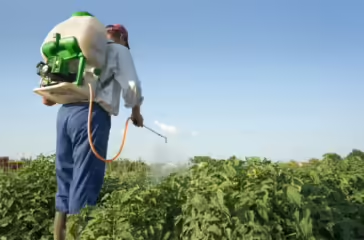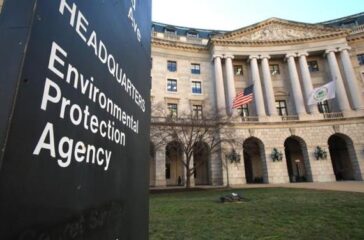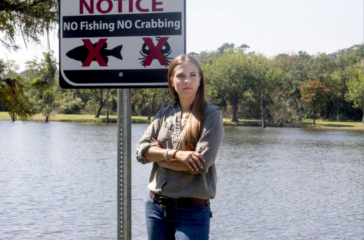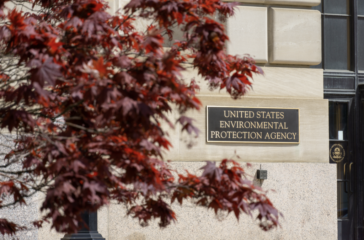Paraquat ban stays alive, advances in California
By Carey Gillam
A proposal to ban the weed killing chemical paraquat cleared the California State Assembly last week and now faces a fight in the State Senate over what would be the first such ban in the country.
The ban would take effect Jan. 1, 2026, outlawing the “use, manufacture, sale, delivery, holding, or offering for sale in commerce” of any pesticide product that contains paraquat. The bill provides for a process that allows state regulators to reevaluate paraquat and potentially reapprove it with or without new restrictions.
A chief concern cited by backers of the bill is research linking chronic paraquat exposure to Parkinson’s disease, an incurable and debilitating brain disease considered a top cause of death in the United States.
The final vote in the Assembly was 46-16 in favor of the bill, but opposition is expected to be stronger in the Senate, according to staffers with the office of Assemblymember Laura Friedman, who introduced the measure. California’s Senate Policy Committee is expected to take it up sometime before July 4, they said.
Friedman partnered with the Environmental Working Group (EWG) to introduce the proposed ban. An EWG analysis found that paraquat is disproportionately sprayed in areas of California largely inhabited by Latino farmworkers and their families.
The action to ban paraquat in California comes as several thousand farmers, agricultural workers and others are suing paraquat maker Syngenta, alleging they developed Parkinson’s because of long-term chronic effects of paraquat.
 EWG
EWG








